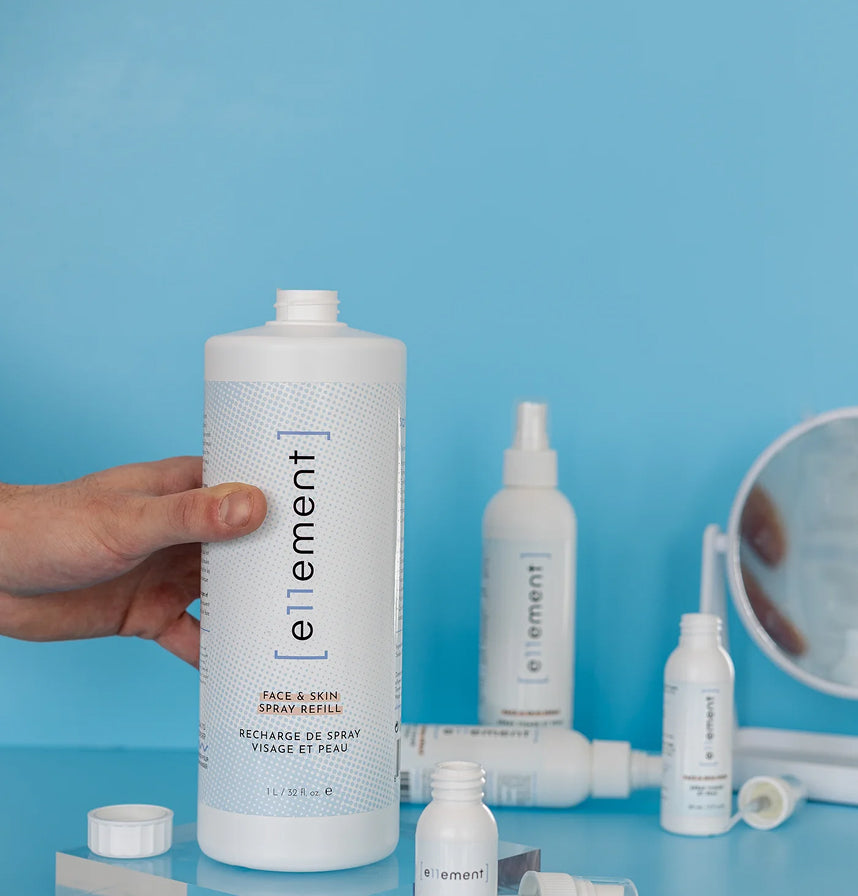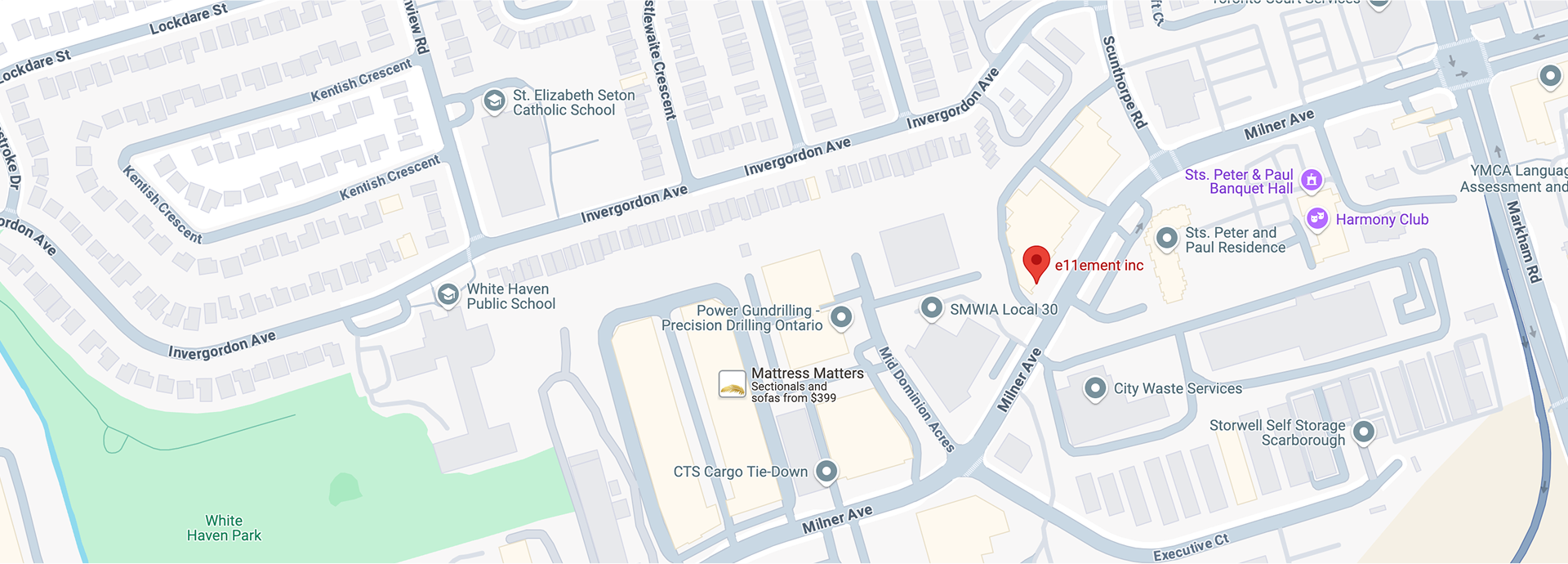Sensitive skin often requires special care to maintain its health and appearance. Irritation, redness, and discomfort are common issues, leaving individuals searching for effective yet gentle solutions. One emerging hero in skincare for sensitive skin is hypochlorous acid (HOCl). Known for its soothing properties, hypochlorous acid offers a unique approach to calming and protecting delicate skin. This article explores how this ingredient can become a cornerstone of your skincare routine.
Understanding Hypochlorous Acid
Hypochlorous acid is a naturally occurring molecule produced by the human immune system. It plays a critical role in the body’s defense against bacteria, viruses, and inflammation. In skincare, hypochlorous acid is synthesized for topical use, offering benefits without disrupting the skin’s natural barrier.

What Makes Hypochlorous Acid Unique?
Unlike many skincare ingredients, hypochlorous acid works harmoniously with the skin. It is:
-
Non-irritating: Gentle enough for all skin types, including sensitive and compromised skin.
-
Antimicrobial: Helps to reduce harmful bacteria that can cause inflammation or acne.
-
Anti-inflammatory: Soothes redness and irritation effectively.
-
Non-toxic: Safe for use on the face, body, and even around the eyes.
Benefits of Hypochlorous Acid for Sensitive Skin
1. Reduces Redness and Inflammation
One of the primary benefits of hypochlorous acid is its ability to calm redness and inflammation. Whether caused by environmental factors, allergies, or skin conditions like rosacea, this molecule provides soothing relief. Regular use can help restore the skin’s natural balance, reducing the frequency and severity of flare-ups.
2. Supports Skin Barrier Function
Sensitive skin often struggles with a compromised barrier, making it more prone to irritation. Hypochlorous acid strengthens the skin’s defenses by promoting hydration and reducing trans-epidermal water loss (TEWL). This ensures the skin stays moisturized and resilient against external aggressors.
3. Fights Bacteria Without Harsh Chemicals
Acne-prone skin benefits significantly from hypochlorous acid’s antimicrobial properties. It eliminates harmful bacteria without the need for drying or irritating ingredients like benzoyl peroxide or alcohol, making it a gentle alternative for blemish-prone sensitive skin.
4. Safe for Post-Procedure Care
Dermatological treatments such as chemical peels, microneedling, and laser therapy can leave the skin vulnerable. Hypochlorous acid is ideal for post-procedure care due to its non-irritating and soothing properties. It promotes healing while reducing redness and discomfort.
5. Enhances Overall Skin Health
By maintaining a balanced microbiome and reducing oxidative stress, hypochlorous acid improves overall skin health. It’s suitable for daily use and complements other skincare products, ensuring a well-rounded routine for sensitive skin.
Incorporating Hypochlorous Acid into Your Skincare Routine
Adding hypochlorous acid to your regimen is simple, and it works well alongside other products. Here’s how to integrate it effectively:
1. Cleanse Your Skin
Start with a gentle, sulfate-free cleanser to remove dirt, makeup, and impurities. Avoid harsh cleansers that can strip your skin of natural oils and exacerbate sensitivity.
2. Apply Hypochlorous Acid
After cleansing, spritz or apply hypochlorous acid directly to your face. It’s best to use it on slightly damp skin to enhance absorption. Allow it to air dry naturally for maximum effectiveness.
3. Follow with Moisturizer
Seal in hydration with a lightweight, fragrance-free moisturizer. Look for ingredients like ceramides and hyaluronic acid that complement hypochlorous acid’s soothing properties.
4. Use Sunscreen Daily
Sensitive skin is more susceptible to UV damage, making sunscreen an essential part of your routine. Choose a mineral-based formula with zinc oxide or titanium dioxide for gentle yet effective protection.
5. Pair with Targeted Treatments
Hypochlorous acid pairs well with serums and treatments designed for sensitive skin. However, avoid combining it with harsh exfoliants or active ingredients that might compromise its soothing effects.
Tips for Choosing a Hypochlorous Acid Product
When selecting a hypochlorous acid product, consider the following:
-
Concentration: Look for products with a concentration of 100-200 ppm (parts per million) for optimal efficacy.
-
Packaging: Choose products in opaque, air-tight packaging to maintain the stability of hypochlorous acid.
-
Ingredients: Opt for formulations free from alcohol, fragrance, and parabens.
-
Certifications: Seek products that are dermatologically tested and hypoallergenic.
Who Can Benefit from Hypochlorous Acid?
Hypochlorous acid is suitable for a wide range of individuals, including:
-
Those with sensitive skin: Its gentle nature makes it ideal for people prone to redness, irritation, or allergies.
-
Individuals with acne: It addresses acne-causing bacteria without causing dryness.
-
Post-procedure patients: Supports healing after dermatological treatments.
-
Eczema or rosacea sufferers: Calms flare-ups and reduces visible signs of irritation.
Precautions and Best Practices
While hypochlorous acid is generally safe, follow these best practices to ensure optimal results:
-
Patch test: Before applying it to your face, test the product on a small area of skin to rule out any potential reactions.
-
Storage: Keep the product in a cool, dry place away from direct sunlight.
-
Frequency: Use it 1-2 times daily, depending on your skin’s needs.
-
Consult a dermatologist: If you have severe skin conditions, seek professional advice before introducing new products.
Conclusion
Sensitive skin requires a thoughtful and gentle approach to care. Hypochlorous acid offers a powerful yet soothing solution to irritation and redness, making it a valuable addition to any skincare routine. By understanding its benefits and proper application, you can achieve healthier, more resilient skin without compromising its delicate nature. Explore the potential of hypochlorous acid and transform the way you care for your sensitive skin.























